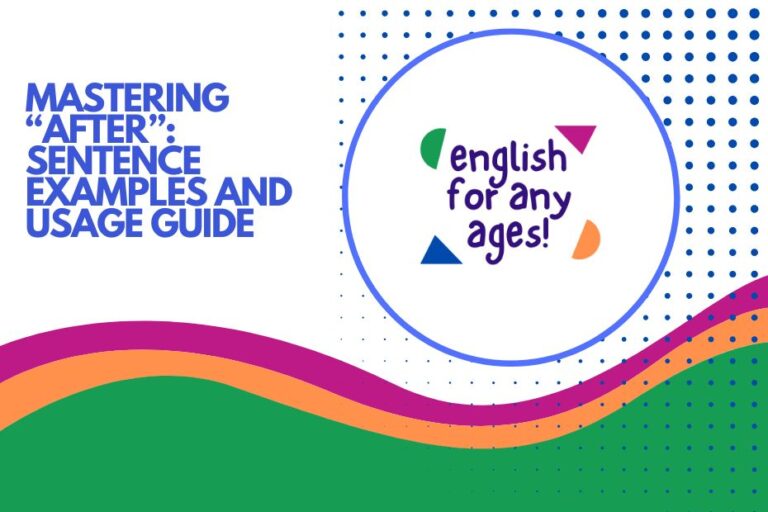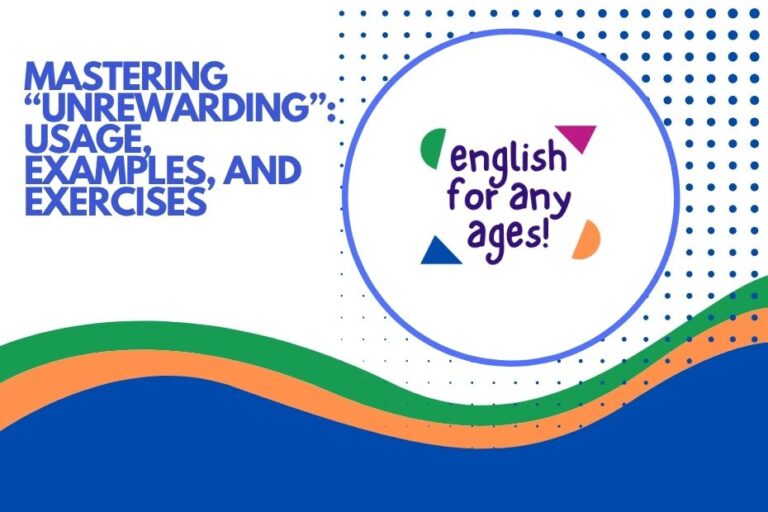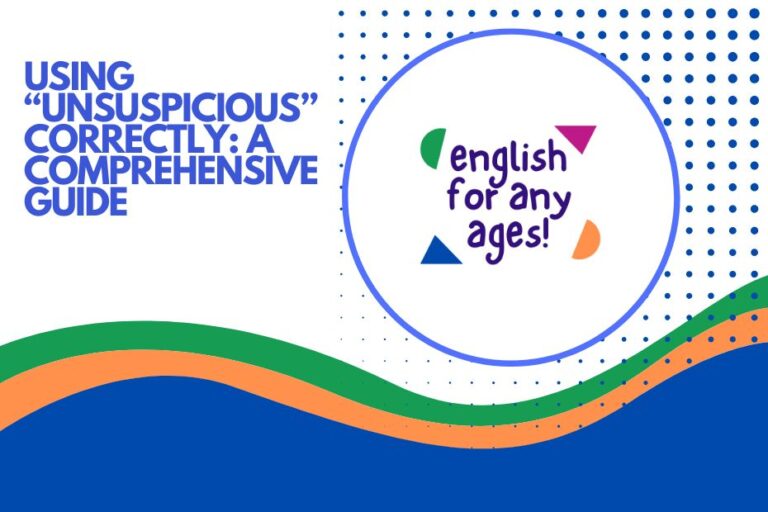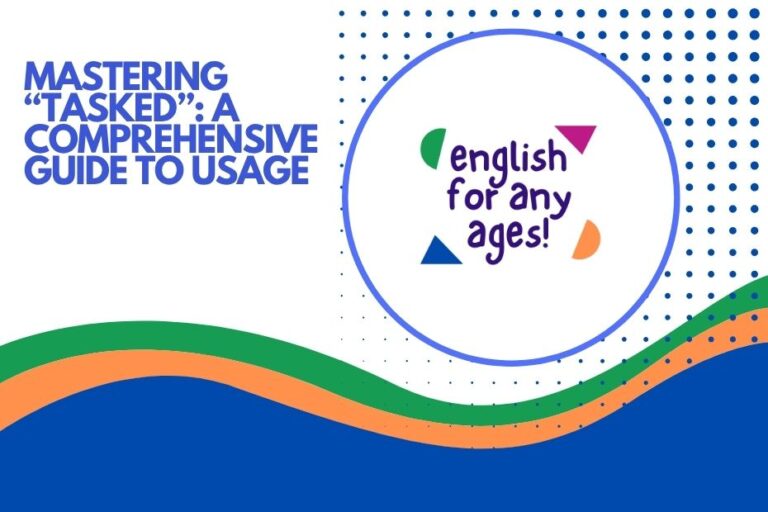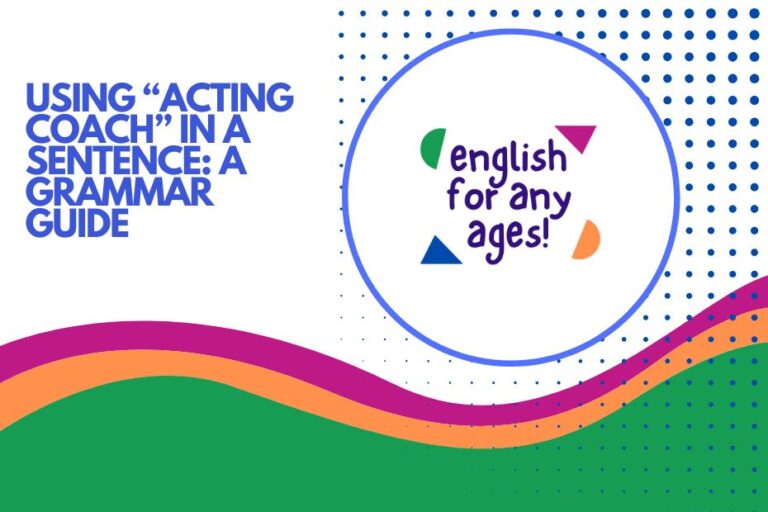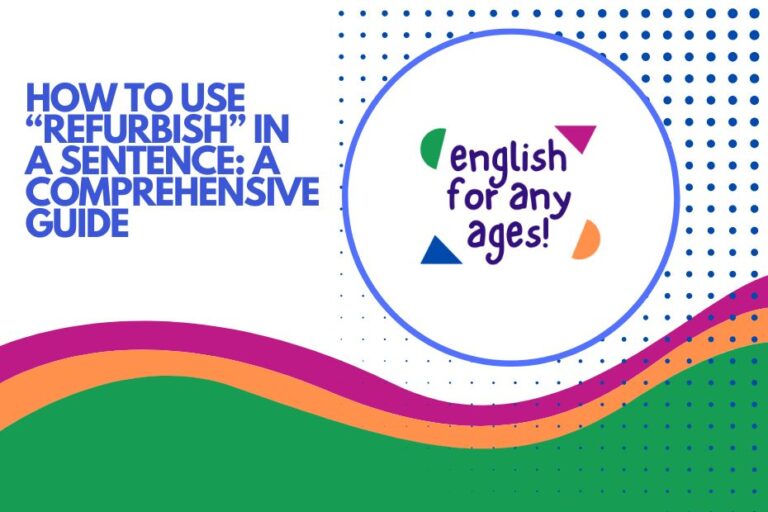Sentence Examples Using the Preposition “Despite”
Understanding how to use the preposition “despite” is crucial for constructing complex and nuanced sentences in English. “Despite” allows you to express contrast or concession, adding depth and sophistication to your writing and speech.
This article offers a comprehensive guide to using “despite” effectively, providing numerous examples, explanations, and practice exercises to help you master this essential grammatical tool. Whether you are an ESL learner or simply looking to refine your English skills, this guide will equip you with the knowledge and confidence to use “despite” with accuracy and fluency.
Table of Contents
- Definition of “Despite”
- Structural Breakdown
- Types of Sentences with “Despite”
- Examples
- Usage Rules
- Common Mistakes
- Practice Exercises
- Advanced Topics
- FAQ
- Conclusion
Definition of “Despite”
The word “despite” is a preposition that introduces a fact or situation that makes something else surprising or unlikely. It indicates a contrast or contradiction between two elements within a sentence.
“Despite” is similar in meaning to “in spite of,” and the two are often interchangeable. Understanding the function of prepositions is essential for constructing grammatically correct and meaningful sentences.
As a preposition, “despite” is always followed by a noun phrase or a gerund (a verb acting as a noun). It connects this noun phrase or gerund to the main clause of the sentence, highlighting the unexpected nature of the outcome given the circumstances.
Key Characteristics:
- Function: Preposition of contrast or concession
- Meaning: Indicates that something happens or is true even though there might be a reason for it not to happen or be true
- Structure: Followed by a noun phrase or gerund
- Synonyms: In spite of, notwithstanding
Structural Breakdown
The basic structure of a sentence using “despite” is as follows:
Despite + Noun Phrase/Gerund, + Main Clause
Alternatively, the structure can be reversed:
Main Clause + despite + Noun Phrase/Gerund
Let’s break down the components:
- Despite: The preposition itself.
- Noun Phrase: A group of words that functions as a noun (e.g., “the rain,” “her efforts,” “the difficulties”).
- Gerund: A verb ending in “-ing” that functions as a noun (e.g., “raining,” “trying,” “failing”).
- Main Clause: The independent part of the sentence that can stand alone (e.g., “we went for a walk,” “she succeeded,” “they persevered”).
Understanding these structural components enables you to construct grammatically correct sentences using “despite.” The placement of the “despite” phrase can affect the emphasis of the sentence, but the core meaning remains the same.
Types of Sentences with “Despite”
Sentences using “despite” can be categorized based on the type of noun phrase or gerund that follows the preposition.
1. “Despite” + Simple Noun
In this case, “despite” is followed by a single noun. This is the simplest form.
2. “Despite” + Noun Phrase
Here, “despite” is followed by a more complex noun phrase, including articles, adjectives, and other modifiers.
3. “Despite” + Gerund
“Despite” is followed by a verb in its “-ing” form, acting as a noun.
4. “Despite” + Possessive Adjective + Gerund
This structure includes a possessive adjective before the gerund, specifying whose action is being referred to (e.g., “Despite his complaining…”).
5. “Despite” + the fact that + Clause
While “despite” is typically followed by a noun phrase or gerund, it can be followed by “the fact that” + a full clause, although “although” or “even though” are often preferred in this case.
Examples
The following tables provide numerous examples of sentences using “despite,” categorized by the type of structure used. Each example demonstrates the use of “despite” to express contrast or concession.
Table 1: “Despite” + Simple Noun
This table showcases examples where “despite” is followed by a simple noun. These examples highlight the basic use of “despite” to introduce contrasting information.
| Sentence |
|---|
| Despite the rain, we went for a walk. |
| Despite the cost, she bought the dress. |
| Despite the traffic, I arrived on time. |
| Despite the noise, I managed to concentrate. |
| Despite the cold, they went swimming. |
| Despite the danger, he continued his mission. |
| Despite the risk, she invested in the company. |
| Despite the challenge, they completed the project. |
| Despite the difficulty, he learned to play the piano. |
| Despite the setback, she remained optimistic. |
| Despite the criticism, he continued his work. |
| Despite the pressure, she performed well. |
| Despite the fatigue, they kept running. |
| Despite the distractions, I finished my report. |
| Despite the discomfort, he wore the new shoes. |
| Despite the opposition, the bill passed. |
| Despite the delay, the package arrived safely. |
| Despite the confusion, she found her way. |
| Despite the damage, the car was repairable. |
| Despite the warning, they proceeded with the plan. |
| Despite the competition, he won the race. |
| Despite the illness, she attended the meeting. |
| Despite the poverty, they were happy. |
Table 2: “Despite” + Noun Phrase
This table provides examples of “despite” followed by a noun phrase, which includes articles, adjectives, and other modifiers. These examples illustrate how to use “despite” with more complex noun structures.
| Sentence |
|---|
| Despite the heavy rain, we went for a walk. |
| Despite the exorbitant cost of the dress, she bought it. |
| Despite the terrible traffic this morning, I arrived on time. |
| Despite the loud noise from the construction site, I managed to concentrate. |
| Despite the freezing cold weather, they went swimming in the lake. |
| Despite the obvious danger ahead, he continued his mission. |
| Despite the considerable risk involved, she invested in the company. |
| Despite the numerous challenges they faced, they completed the project successfully. |
| Despite the great difficulty he encountered, he learned to play the piano. |
| Despite the unexpected setback in her career, she remained optimistic. |
| Despite the harsh criticism he received, he continued his work. |
| Despite the intense pressure she was under, she performed well. |
| Despite the overwhelming fatigue they felt, they kept running. |
| Despite the constant distractions around me, I finished my report. |
| Despite the slight discomfort he felt, he wore the new shoes. |
| Despite the strong opposition he faced, the bill passed. |
| Despite the significant delay in shipping, the package arrived safely. |
| Despite the initial confusion surrounding the instructions, she found her way. |
| Despite the extensive damage to the vehicle, the car was repairable. |
| Despite the clear warning signs posted, they proceeded with the plan. |
| Despite the fierce competition in the market, he won the race. |
| Despite the serious illness she suffered from, she attended the meeting. |
| Despite the extreme poverty they lived in, they were happy. |
Table 3: “Despite” + Gerund
This table provides examples of “despite” followed by a gerund (verb ending in “-ing” acting as a noun). These examples show how to use “despite” to contrast an action with an outcome.
| Sentence |
|---|
| Despite raining, we went for a walk. |
| Despite trying hard, she failed the test. |
| Despite practicing every day, he didn’t improve. |
| Despite studying for hours, I couldn’t remember the formula. |
| Despite exercising regularly, he didn’t lose weight. |
| Despite working overtime, she didn’t finish the project. |
| Despite saving money, they couldn’t afford the house. |
| Despite planning carefully, the trip was a disaster. |
| Despite apologizing profusely, he wasn’t forgiven. |
| Despite searching everywhere, I couldn’t find my keys. |
| Despite reading the instructions, I couldn’t assemble the furniture. |
| Despite cooking for hours, the food didn’t taste good. |
| Despite cleaning the house, it still looked messy. |
| Despite writing a detailed report, it was rejected. |
| Despite asking for help, he didn’t receive any. |
| Despite knocking loudly, no one answered the door. |
| Despite waiting patiently, the bus never arrived. |
| Despite volunteering his time, he wasn’t appreciated. |
| Despite donating generously, she didn’t receive recognition. |
| Despite speaking clearly, he wasn’t understood. |
| Despite singing beautifully, she didn’t win the competition. |
| Despite dancing gracefully, she didn’t impress the judges. |
| Despite painting diligently, the artwork wasn’t displayed. |
Table 4: “Despite” + Possessive Adjective + Gerund
This table demonstrates the use of “despite” followed by a possessive adjective and a gerund. This structure emphasizes whose action is being contrasted.
| Sentence |
|---|
| Despite his complaining, we went for a walk. |
| Despite her trying hard, she failed the test. |
| Despite their practicing every day, they didn’t improve. |
| Despite my studying for hours, I couldn’t remember the formula. |
| Despite his exercising regularly, he didn’t lose weight. |
| Despite her working overtime, she didn’t finish the project. |
| Despite their saving money, they couldn’t afford the house. |
| Despite our planning carefully, the trip was a disaster. |
| Despite his apologizing profusely, he wasn’t forgiven. |
| Despite my searching everywhere, I couldn’t find my keys. |
| Despite her reading the instructions, she couldn’t assemble the furniture. |
| Despite his cooking for hours, the food didn’t taste good. |
| Despite her cleaning the house, it still looked messy. |
| Despite his writing a detailed report, it was rejected. |
| Despite her asking for help, she didn’t receive any. |
| Despite his knocking loudly, no one answered the door. |
| Despite her waiting patiently, the bus never arrived. |
| Despite his volunteering his time, he wasn’t appreciated. |
| Despite her donating generously, she didn’t receive recognition. |
| Despite his speaking clearly, he wasn’t understood. |
| Despite her singing beautifully, she didn’t win the competition. |
| Despite his dancing gracefully, he didn’t impress the judges. |
| Despite her painting diligently, the artwork wasn’t displayed. |
Table 5: “Despite the fact that” + Clause
This table presents examples where “despite” is followed by “the fact that” + a clause. This structure is less common but grammatically correct.
| Sentence |
|---|
| Despite the fact that it was raining, we went for a walk. |
| Despite the fact that she tried hard, she failed the test. |
| Despite the fact that he practiced every day, he didn’t improve. |
| Despite the fact that I studied for hours, I couldn’t remember the formula. |
| Despite the fact that he exercised regularly, he didn’t lose weight. |
| Despite the fact that she worked overtime, she didn’t finish the project. |
| Despite the fact that they saved money, they couldn’t afford the house. |
| Despite the fact that we planned carefully, the trip was a disaster. |
| Despite the fact that he apologized profusely, he wasn’t forgiven. |
| Despite the fact that I searched everywhere, I couldn’t find my keys. |
| Despite the fact that she read the instructions, she couldn’t assemble the furniture. |
| Despite the fact that he cooked for hours, the food didn’t taste good. |
| Despite the fact that she cleaned the house, it still looked messy. |
| Despite the fact that he wrote a detailed report, it was rejected. |
| Despite the fact that she asked for help, she didn’t receive any. |
| Despite the fact that he knocked loudly, no one answered the door. |
| Despite the fact that she waited patiently, the bus never arrived. |
| Despite the fact that he volunteered his time, he wasn’t appreciated. |
| Despite the fact that she donated generously, she didn’t receive recognition. |
| Despite the fact that he spoke clearly, he wasn’t understood. |
| Despite the fact that she sang beautifully, she didn’t win the competition. |
| Despite the fact that he danced gracefully, he didn’t impress the judges. |
| Despite the fact that she painted diligently, the artwork wasn’t displayed. |
Usage Rules
There are specific rules to follow when using “despite” to ensure grammatical accuracy.
- Followed by a noun phrase or gerund: “Despite” must always be followed by a noun phrase (e.g., “the weather”) or a gerund (e.g., “raining”). It cannot be followed directly by a clause without “the fact that.”
- Punctuation: When the “despite” phrase comes at the beginning of the sentence, it is followed by a comma.
- Interchangeability with “in spite of”: “Despite” and “in spite of” are generally interchangeable, but “in spite of” always requires the “of.”
- Formal vs. Informal: “Despite” is generally considered more formal than “in spite of,” but both are acceptable in most contexts.
It is important to remember these rules to avoid common grammatical errors when using “despite.”
Common Mistakes
Several common mistakes can occur when using “despite.” Understanding these errors can help you avoid them.
1. Using “Despite of”
Incorrect: Despite of the rain, we went for a walk.
Correct: Despite the rain, we went for a walk.
The “of” is unnecessary and incorrect after “despite.”
2. Following “Despite” with a Clause Directly
Incorrect: Despite it was raining, we went for a walk.
Correct: Despite the rain, we went for a walk.
Correct: Despite the fact that it was raining, we went for a walk.
“Despite” requires a noun phrase or gerund, not a full clause, unless you use “the fact that.”
3. Misusing Punctuation
Incorrect: Despite the rain we went for a walk.
Correct: Despite the rain, we went for a walk.
A comma is needed after the “despite” phrase when it begins the sentence.
Table 6: Common Mistakes and Corrections
This table summarizes the common mistakes made when using “despite” and provides the correct alternatives.
| Incorrect | Correct | Explanation |
|---|---|---|
| Despite of the cold, I went out. | Despite the cold, I went out. | “Despite” should not be followed by “of.” |
| Despite it rained, we played. | Despite the rain, we played. | “Despite” needs a noun phrase or gerund. |
| Despite the fact it was late, I stayed. | Despite the fact that it was late, I stayed. | “The fact” needs “that” to introduce a clause. |
| Despite trying, but he failed. | Despite trying, he failed. | Avoid unnecessary conjunctions after the “despite” phrase. |
Practice Exercises
These exercises will help you practice using “despite” correctly. Fill in the blanks or rewrite the sentences using “despite.”
Exercise 1: Fill in the Blanks
Complete the following sentences using “despite” and the words provided.
| Question | Answer |
|---|---|
| 1. _______ (the noise), I managed to sleep. | Despite the noise, I managed to sleep. |
| 2. _______ (her efforts), she didn’t succeed. | Despite her efforts, she didn’t succeed. |
| 3. _______ (the cost), they bought the car. | Despite the cost, they bought the car. |
| 4. _______ (the rain), we enjoyed the picnic. | Despite the rain, we enjoyed the picnic. |
| 5. _______ (his age), he is very active. | Despite his age, he is very active. |
| 6. _______ (the difficulties), they persevered. | Despite the difficulties, they persevered. |
| 7. _______ (the warning), he went swimming. | Despite the warning, he went swimming. |
| 8. _______ (the pain), she continued running. | Despite the pain, she continued running. |
| 9. _______ (the danger), they explored the cave. | Despite the danger, they explored the cave. |
| 10. _______ (the challenges), they achieved their goals. | Despite the challenges, they achieved their goals. |
Exercise 2: Rewrite Sentences
Rewrite the following sentences using “despite.”
| Question | Answer |
|---|---|
| 1. Although it was cold, we went outside. | Despite the cold, we went outside. |
| 2. Even though she was tired, she finished the race. | Despite her tiredness, she finished the race. |
| 3. In spite of the high price, they bought the house. | Despite the high price, they bought the house. |
| 4. Although he studied hard, he failed the exam. | Despite studying hard, he failed the exam. |
| 5. Even though it was raining heavily, they went camping. | Despite the heavy rain, they went camping. |
| 6. In spite of her fear, she climbed the mountain. | Despite her fear, she climbed the mountain. |
| 7. Although they were exhausted, they kept working. | Despite their exhaustion, they kept working. |
| 8. Even though he was sick, he went to work. | Despite his sickness, he went to work. |
| 9. In spite of the bad weather, we had a great time. | Despite the bad weather, we had a great time. |
| 10. Although she had no experience, she got the job. | Despite her lack of experience, she got the job. |
Exercise 3: Error Correction
Identify and correct the errors in the following sentences.
| Question | Answer | Correction |
|---|---|---|
| 1. Despite of the warning, he continued. | Despite of the warning, he continued. | Despite the warning, he continued. |
| 2. Despite it was late, I stayed up. | Despite it was late, I stayed up. | Despite the late hour, I stayed up. |
| 3. Despite trying, but she failed. | Despite trying, but she failed. | Despite trying, she failed. |
| 4. Despite of his efforts, he lost. | Despite of his efforts, he lost. | Despite his efforts, he lost. |
| 5. Despite the fact it rained, we went out. | Despite the fact it rained, we went out. | Despite the fact that it rained, we went out. |
| 6. Despite of the cost, they bought it. | Despite of the cost, they bought it. | Despite the cost, they bought it. |
| 7. Despite she was tired, she smiled. | Despite she was tired, she smiled. | Despite her tiredness, she smiled. |
| 8. Despite of everything, he succeeded. | Despite of everything, he succeeded. | Despite everything, he succeeded. |
| 9. Despite the fact he tried hard. He failed. | Despite the fact he tried hard. He failed. | Despite the fact that he tried hard, he failed. |
| 10. Despite of the problems, they continued. | Despite of the problems, they continued. | Despite the problems, they continued. |
Advanced Topics
For advanced learners, it’s useful to understand the nuances of using “despite” in more complex sentence structures and in formal writing.
- Ellipsis: In some cases, the noun phrase or gerund following “despite” can be omitted if it is clear from the context.
- Combining with other conjunctions: “Despite” can be used in conjunction with other conjunctions to create more complex relationships between ideas.
- Formal Writing: In academic or professional writing, “despite” can be a more concise and formal alternative to phrases like “even though” or “although.”
Exploring these advanced topics can further enhance your understanding and usage of “despite.”
FAQ
Here are some frequently asked questions about using “despite.”
- Is “despite” the same as “in spite of”?
Yes, “despite” and “in spite of” are very similar in meaning and can often be used interchangeably. However, remember that “in spite of” always requires the “of.” For example, “Despite the rain” is equivalent to “In spite of the rain.”
- Can I use “despite” at the end of a sentence?
No, “despite” is a preposition and must be followed by a noun phrase or a gerund. It cannot stand alone at the end of a sentence. You can, however, rephrase the sentence to place the “despite” phrase earlier in the sentence.
- What’s the difference between “despite” and “although”?
“Despite” is a preposition, while “although” is a conjunction. “Despite” is followed by a noun phrase or gerund, whereas “although” is followed by a full clause (subject + verb). For example: “Despite the rain, we went for a walk.” (preposition + noun phrase) vs. “Although it was raining, we went for a walk.” (conjunction + clause)
- Can I use “despite” with “the fact that”?
Yes, you can use “despite” with “the fact that” followed by a clause, although it is often more common and natural to use “although” or “even though” in this case. For example: “Despite the fact that it was raining, we went for a walk.”
- Is it correct to say “despite of”?
No, it is incorrect to say “despite of.” The correct preposition is simply “despite.” The phrase “in spite of” is correct, but “despite of” is a common error.
- How do I punctuate sentences with “despite”?
When the “despite” phrase comes at the beginning of the sentence, it is followed by a comma. For example: “Despite the rain, we went for a walk.” If the “despite” phrase comes later in the sentence, a comma is not usually needed. For example: “We went for a walk despite the rain.”
- What is a gerund, and how does it relate to “despite”?
A gerund is a verb form ending in “-ing” that functions as a noun. “Despite” can be followed by a gerund to indicate an action that did not prevent a particular outcome. For example: “Despite studying hard, he failed the test.” In this sentence, “studying” is a gerund.
- Can “despite” be used in formal writing?
Yes, “despite” is perfectly acceptable and often preferred in formal writing, as it is considered more concise and sophisticated than alternatives like “even though” or “in spite of.”
Conclusion
Mastering the use of “despite” is essential for improving your English grammar and writing skills. By understanding its definition, structure, and usage rules, you can effectively express contrast and concession in your sentences.
Remember to avoid common mistakes, such as using “despite of” or following “despite” directly with a clause without “the fact that.”
Practice using “despite” in various contexts to solidify your understanding. With consistent effort, you will become more confident and proficient in using this valuable preposition.
Continue to explore advanced topics and refine your understanding to elevate your overall English proficiency.

